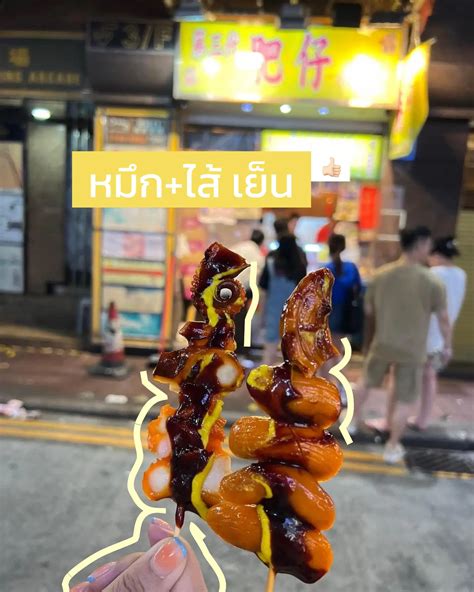VS. Slow and Steady Approach
Managing high blood pressure is crucial for overall health and well-being. While gradual lifestyle changes are recommended for long-term control, there are times when immediate action is necessary to lower blood pressure quickly. This article explores 10 effective methods to achieve rapid blood pressure reduction within a short period.

1. Deep Breathing Exercises: Calming the Storm
Deep breathing activates the body’s parasympathetic nervous system, promoting relaxation and reducing stress, which can contribute to high blood pressure. Breathing exercises such as diaphragmatic breathing and box breathing have been shown to significantly lower blood pressure within minutes.
2. Meditation: A Mindful Approach
Meditation practices like mindfulness meditation and transcendental meditation have demonstrated their efficacy in lowering blood pressure. These techniques involve focusing on the present moment, reducing stress and anxiety, and promoting relaxation. Regular meditation has been associated with sustained blood pressure reduction over time.
3. Biofeedback: Regaining Control
Biofeedback is a technique that helps individuals monitor and control their physiological responses, such as blood pressure. With the use of sensors, patients can visualize their blood pressure in real-time and receive feedback on how to adjust their breathing, thoughts, and behaviors to lower it.
4. Physical Activity: Getting the Heart Pumping
Engaging in moderate-intensity physical activity, such as brisk walking or cycling, for as little as 30 minutes can effectively reduce blood pressure. Exercise helps to strengthen the heart and blood vessels, improving their ability to pump and deliver blood efficiently.
5. Sodium Reduction: Less is More
Excessive sodium intake can contribute to fluid retention, increasing blood volume and putting pressure on the blood vessel walls. Reducing sodium intake can significantly lower blood pressure. Aim for a daily sodium intake of less than 2,300 mg, as recommended by the American Heart Association.
6. Magnesium Supplementation: A Natural Calming Agent
Magnesium is an essential mineral that plays a role in blood pressure regulation. Consuming magnesium supplements or eating magnesium-rich foods, such as leafy green vegetables, nuts, and seeds, can help lower blood pressure.
7. Potassium-Rich Diet: Balancing the Electrolytes
Potassium is another crucial mineral that counteracts the effects of sodium. Incorporating potassium-rich foods, such as bananas, avocados, and sweet potatoes, into the diet can help lower blood pressure by promoting sodium excretion and reducing fluid retention.
8. Garlic Extract: A Potent Remedy
Garlic extract contains allicin, a compound with vasodilatory effects that helps to widen blood vessels and improve blood flow. Consuming garlic extract supplements or incorporating garlic into the diet can help reduce blood pressure over time.
9. Hawthorn Berry: A Traditional Heart Tonic
Hawthorn berry extract has been used for centuries to treat heart conditions, including high blood pressure. It contains flavonoids that have vasodilatory and antioxidant properties, helping to lower blood pressure and protect the cardiovascular system.
10. Over-the-Counter Medications: A Temporary Solution
In cases of severe or uncontrolled high blood pressure, over-the-counter medications may be necessary to quickly lower blood pressure. These medications, such as diuretics, beta-blockers, and calcium channel blockers, work by reducing fluid retention, slowing down the heart rate, and relaxing blood vessel walls. It is important to consult with a healthcare professional before taking any medications.
When to Seek Medical Attention
While these methods can effectively lower blood pressure fast, they should not be considered a substitute for regular medical care. It is essential to seek medical attention if you experience any of the following:
- Severe hypertension: Blood pressure readings consistently above 180/120 mmHg
- Sudden or severe increase: A significant rise in blood pressure accompanied by other symptoms, such as chest pain, shortness of breath, or dizziness
- Persistent high blood pressure: Blood pressure readings above 140/90 mmHg that do not respond to self-care measures
Conclusion
Lowering blood pressure fast is possible with various effective methods. From deep breathing exercises and meditation to physical activity and dietary changes, there are numerous ways to achieve a rapid reduction in blood pressure. However, it is important to note that these methods should not replace regular medical care and should be used in conjunction with ongoing lifestyle modifications and monitoring. By incorporating these strategies into your daily routine, you can take proactive steps towards managing your blood pressure and improving your overall health.















